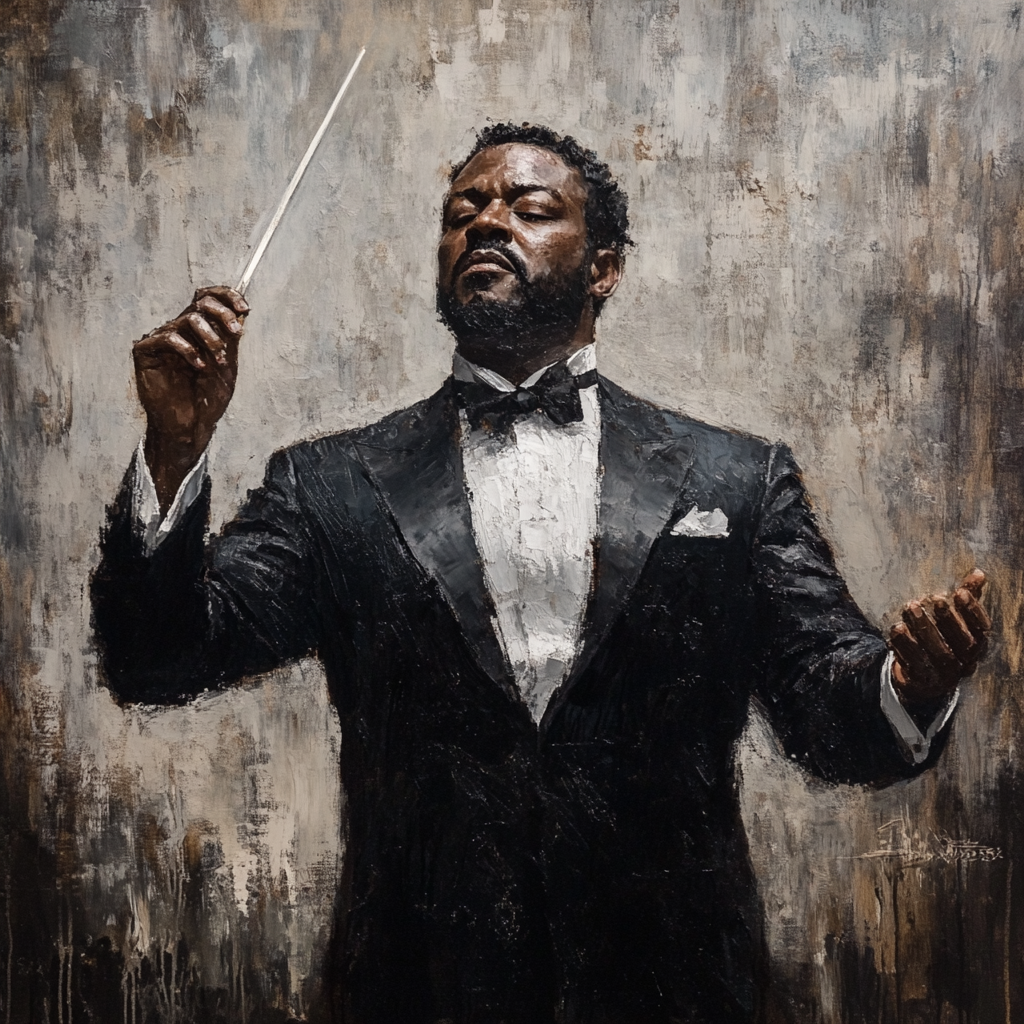Table of Contents
Best Conductors of the 2000s
Introduction
The 21st century has brought with it a new era of conducting, where innovation, technology, and globalism have intersected to redefine classical music. The best conductors of the 2000s have not only led renowned orchestras but have also expanded the scope of what it means to be a conductor, incorporating multimedia, contemporary music, and cross-genre collaboration into their work. Here are ten of the most influential conductors of the 2000s, who have made a lasting impact on the world of classical music.

Best Conductors of the 2000s
1. Gustavo Dudamel (1981–Present)
Gustavo Dudamel is one of the most celebrated conductors of the 21st century, known for his dynamic and charismatic conducting style. Born in Venezuela, Dudamel rose to fame as the music director of the Simón Bolívar Symphony Orchestra and later became the music director of the Los Angeles Philharmonic. His passion for music education, combined with his electrifying performances, has made him a global ambassador for classical music, inspiring a new generation of musicians and audiences alike.
2. Sir Simon Rattle (1955–Present)
Sir Simon Rattle, an English conductor, has been a major figure in the classical music world for several decades, and his influence has only grown in the 2000s. As the chief conductor of the Berlin Philharmonic from 2002 to 2018, Rattle brought fresh interpretations to the classical repertoire and championed contemporary composers. In 2017, he returned to the UK as the music director of the London Symphony Orchestra, where he continues to push the boundaries of orchestral music with innovative programming.
3. Marin Alsop (1956–Present)
Marin Alsop has broken barriers as one of the few women to lead a major American orchestra. In 2007, she became the first female music director of the Baltimore Symphony Orchestra, a position she held for over a decade. Alsop is known for her advocacy of new music and diversity in the arts, as well as her commitment to music education. She has also conducted many top orchestras around the world, including the São Paulo Symphony Orchestra and the Vienna Radio Symphony Orchestra.
4. Riccardo Chailly (1953–Present)
Italian conductor Riccardo Chailly has been a prominent figure in the 2000s, holding prestigious positions with some of the world’s top orchestras. In 2005, he became the chief conductor of the Leipzig Gewandhaus Orchestra, where he revitalized its repertoire and recorded extensively. Chailly’s interpretations of Italian opera and symphonic music have been widely praised, and since 2015, he has served as the music director of La Scala, one of the most revered opera houses in the world.
5. Yannick Nézet-Séguin (1975–Present)
Yannick Nézet-Séguin has quickly become one of the most in-demand conductors of his generation. The Canadian conductor was appointed music director of the Philadelphia Orchestra in 2012, bringing a new level of artistic excellence to the ensemble. In 2018, he also became the music director of the Metropolitan Opera in New York, solidifying his reputation as a versatile and innovative conductor. Nézet-Séguin’s enthusiasm, deep musical insight, and commitment to contemporary composers have made him a standout figure in the classical world.
6. Daniel Barenboim (1942–Present)
Daniel Barenboim has remained a towering figure in the world of classical music well into the 2000s. His dual career as a pianist and conductor has spanned over six decades, and his influence has only deepened in the 21st century. As the general music director of the Berlin State Opera and the Staatskapelle Berlin, Barenboim has been a tireless advocate for cross-cultural understanding through music. His founding of the West-Eastern Divan Orchestra, which brings together musicians from Israel and Arab countries, remains one of his most significant contributions to the music world.
7. Andris Nelsons (1978–Present)
Latvian conductor Andris Nelsons has taken the classical music world by storm, particularly in the 2000s. He became the music director of the Boston Symphony Orchestra in 2014, and under his leadership, the orchestra has experienced a renaissance, winning multiple Grammy Awards. Nelsons is known for his energetic and expressive conducting style, and his commitment to both the standard repertoire and new works has garnered him critical acclaim. He also serves as the music director of the Leipzig Gewandhaus Orchestra, making him one of the busiest conductors today.
8. Alan Gilbert (1967–Present)
Alan Gilbert is an American conductor known for his innovative programming and leadership. From 2009 to 2017, he served as the music director of the New York Philharmonic, where he championed contemporary music and expanded the orchestra’s repertoire. Gilbert has also been a strong advocate for bringing classical music into the digital age, pioneering initiatives like the Philharmonic’s digital archives. His forward-thinking approach has made him a key figure in reimagining the role of the conductor in the 21st century.
9. Valery Gergiev (1953–Present)
Valery Gergiev has been one of the most prominent and influential conductors in the world since the late 20th century, and his career has continued to thrive in the 2000s. As the longtime artistic and general director of the Mariinsky Theatre in St. Petersburg, Russia, Gergiev has been a powerful advocate for Russian music and culture. He is also the principal conductor of the Munich Philharmonic and has worked with many of the world’s top orchestras. Gergiev’s intense conducting style and his deep connection to the Russian repertoire have earned him both praise and controversy.
10. Mirga Gražinytė-Tyla (1986–Present)
Lithuanian conductor Mirga Gražinytė-Tyla has rapidly gained international recognition as one of the most exciting conductors of the 2000s. In 2016, she became the music director of the City of Birmingham Symphony Orchestra, following in the footsteps of legendary conductors like Sir Simon Rattle. Gražinytė-Tyla is known for her adventurous programming and her ability to bring out the best in both musicians and audiences. Her fresh approach and commitment to promoting female composers have made her a trailblazer in the world of classical music.
Conclusion
The 21st century has seen a remarkable evolution in the world of conducting, with artists blending tradition with innovation and expanding the role of the conductor. From championing contemporary music to fostering educational initiatives, the best conductors of the 2000s have made significant contributions to the classical music world.
Additional Reading
More blog posts can be found here. Consider following Breve Music Lessons on Facebook.
